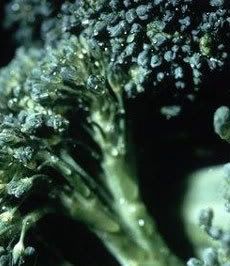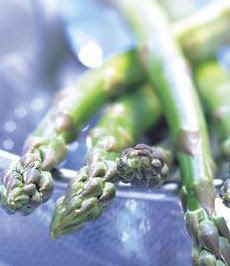
Stinging Nettle (Urtica dioica)
Drinking nettle infusion before and throughout pregnancy can gently loosen, dissolve, and eliminate any accumulated minerals in the kidneys, such as gravel or stones, as well as nourish and strengthen the kidneys. This is especially important during pregnancy because your kidneys must cleanse 150 percent of your normal blood supply.
Nettles are also known for reducing hemorrhoids, tightening and strengthening blood vessels, helping maintain arterial elasticity and improving venous resilience, and have historically been used to combat pregnancy-related anemia. They also increase fertility in women and men, diminish pain during and after birth, and increase the richness and quantity of breast milk. Their highly-absorbable calcium content also helps diminish muscle pain in the uterus and legs.
The high vitamin K content of nettles helps to elevate the amount of available hemoglobin in the blood, which can decrease the likelihood of postpartum bleeding. Some pregnant women alternate drinking nettle and raspberry brews; while others drink raspberry until the last month of their pregnancy and then switch to nettles to boost their vitamin K levels before birth.
Nettle leaves contain as much carotene and vitamin C as spinach, are thought to have more chlorophyll than any other herb, and provide significant amounts of vitamins A, D and K, calcium, potassium, phosphorous, iron and sulfur. When brewed as an infusion, it is a dark green color approaching black with a rich, deep taste.
Fresh nettles may be boiled or steamed (handle uncooked fresh nettle leaves with gloves to avoid being pricked) and served as a side dish, or dried leaves may be brewed into tea. Nettle juice and freeze-dried powdered nettles in capsules are also available at health food stores.




